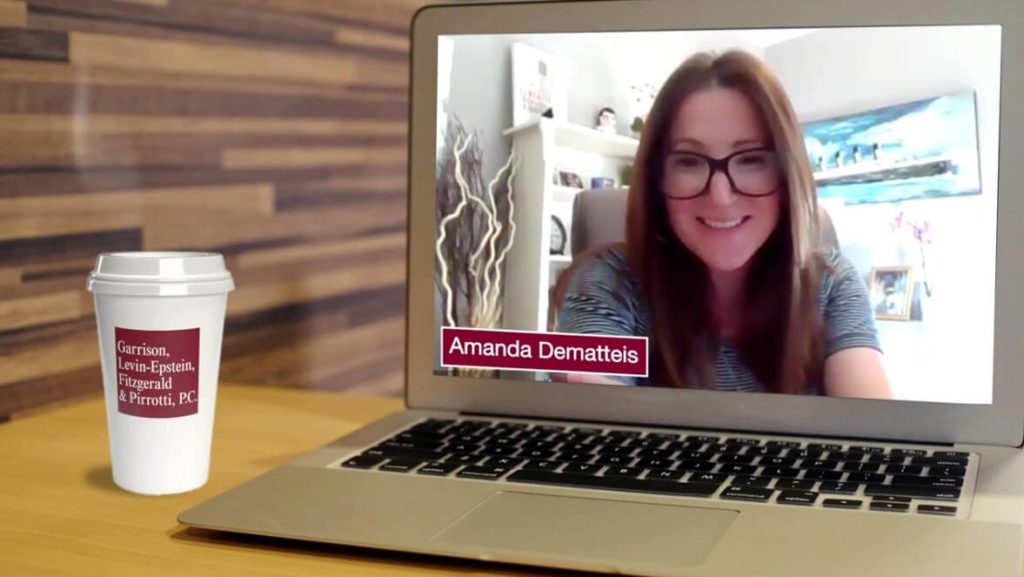Sep 13 2022
Amanda DeMatteis: Hi, Josh!
Josh Goodbaum: Hi, Amanda! What are we talking about today?
DeMatteis: I thought we would talk about non-competes. Non-competes are these restrictive covenants that a lot of Connecticut employees have that restrict what they can do after their employment with their current employer ends.
So, let me give you a hypothetical. A potential client comes to see you and they say, “Hey, Josh! I’m working for employer A. I have this non-competition clause, but I really want to go get this job at company B. What do I do? How do I navigate that?” What do you tell them?
Goodbaum: This happens all the time – I do a lot of this non-compete counseling for employees throughout Connecticut – and what they need to know first is that the situation, the circumstances, the language of the non-compete really matter. There’s no one-size-fits-all answer when it comes to Connecticut non-competes.
But here are the three things that I tell virtually every client who comes to me asking about the enforceability of their Connecticut non-compete.
First, I say non-competes in Connecticut are enforceable to the extent they are “reasonable,” that reasonableness is evaluated on a five-factor test, and if the non-compete is unreasonable under any one of those five factors, then it’s unenforceable. The five factors are the temporal scope (how long it lasts), the geographic scope (how many miles it applies to), the employer’s legitimate business interests, the employee’s ability to earn a living, and the public interest.
The second thing I say is there’s very little black and white in Connecticut non-compete law – there’s just a lot of gray. And it’s really hard to give definitive answers ahead of time about what a court or an arbitrator might do with a non-compete. That makes it very difficult to figure out exactly what you should do and to limit your risk.
The third thing I tell employees facing a non-compete is it actually doesn’t matter what I think. What matters is what your new potential employer’s lawyer thinks. Because your new employer is unlikely to hire you if they think your non-compete is enforceable. That’s because your new employer can get sued by your old employer. And so that’s the first conversation you want to have. After you talk with me, you want to go back to your potential employer and say, “Hey, I’ve got this non-compete. Here it is. Let’s talk about it. What does your lawyer think about it?”
So, those are the three things I tell every Connecticut employee who comes to me asking about a non-compete, and from there, based on what their priorities are, based on the language of their non-compete, I’m able to give them more specific advice and guidance.
DeMatteis: Really great advice. Thank you so much, Josh. We’ll see you next time.
Goodbaum: Thank you!
Posted by Garrison, Levin-Epstein, Fitzgerald & Pirrotti, P.C. in Commentary
Tagged Amanda DeMatteis, Joshua Goodbaum









